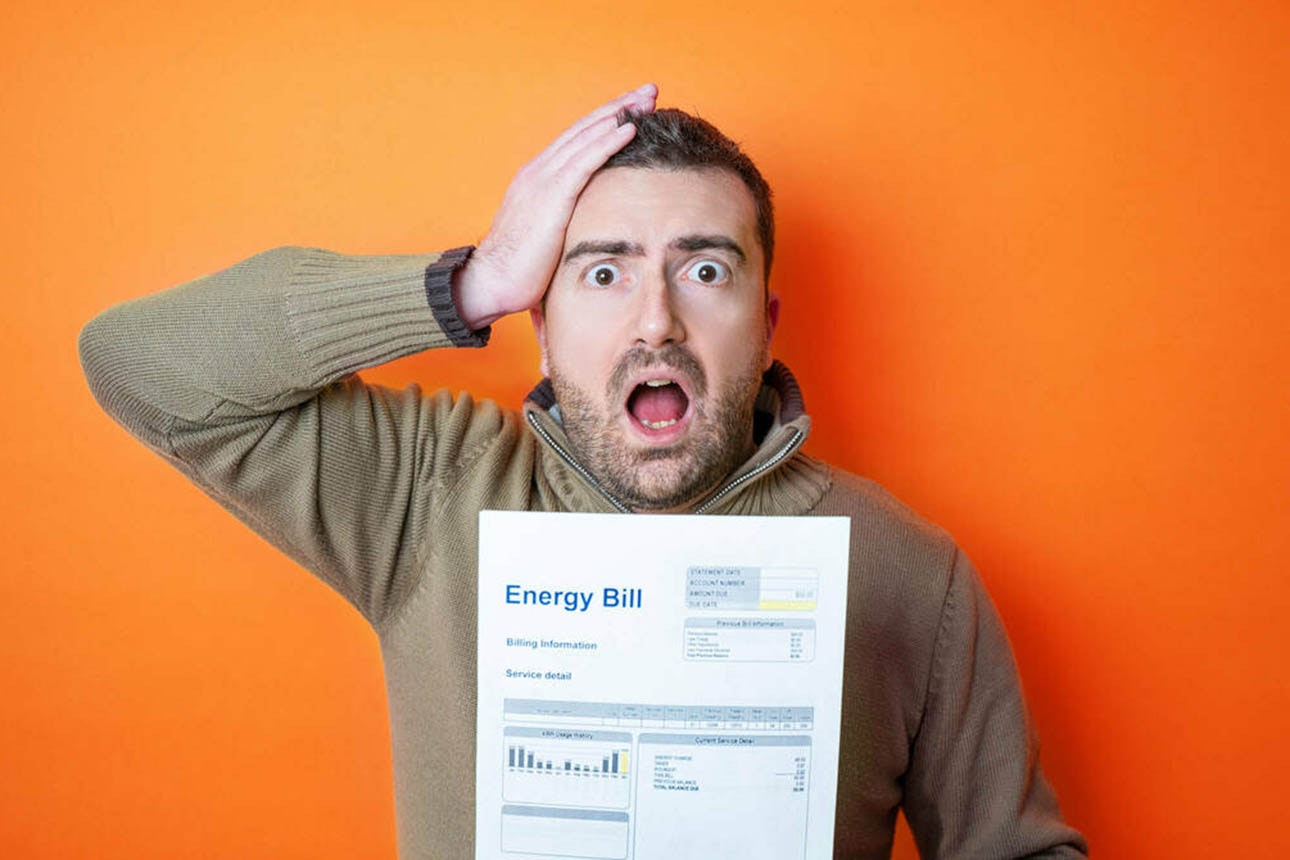
By Ruairi O'Shea
Former Investigative Writer | Kaituhi Mātoro
New Zealanders are struggling to prioritise environmentally sustainable consumption in the face of the immediate issues they are facing, such as the cost of living.
Data from Consumer NZ’s Sentiment Tracker – a nationally representative quarterly survey – shows New Zealanders are worried about climate change, but these concerns pale in comparison to economic pressures and the pandemic.
This comes as the Intergovernmental Panel on Climate Change (IPCC) has once again raised the alarm on the climate crisis, stating that it is “now or never” as to whether we can permanently limit global warming to 1.5°C and avoid environmental disaster.
In June 2021, October 2021 and February 2022, we asked 1000 consumers whether they believed that human activity is contributing to the climate changing above and beyond natural weather cycles, as well as their level of concern about climate change. The responses across these three surveys showed that 73% of Kiwis believe that human activity is contributing to climate change above and beyond natural weather cycles, with 66% either very or somewhat concerned about climate change.
However, although most consumers are worried about climate change, when we asked people about the most concerning issues facing New Zealand, climate change is low down their list of priorities. Climate change is perceived to be the seventh most pressing issue facing the country, with the coronavirus pandemic and economic issues the most dominant consumer concerns.
Which of the following would you say are the most concerning issues New Zealand is currently facing?
Source: Consumer NZ Sentiment Tracker, June 2021 – February 2022
With economic woes at the forefront of consumers’ minds, sustainability represents a relatively minor consideration when consumers are purchasing an item – 59% state that price is a consideration when making a purchase, with just 8% considering sustainability.
Which of the following do you give the most consideration when purchasing an item?
Source: Consumer NZ Sentiment Tracker, June 2021 – February 2022
This is an important juxtaposition and one that is at the heart of efforts to improve levels of sustainable consumption. Environmentally sustainable goods often come with a significant premium, with price-sensitive consumers likely to opt for cheaper, less-sustainable options.
This is a problem for sustainable consumption. While the Consumer Sentiment Tracker shows that 66% of consumers are concerned about climate change, research undertaken by EY’s Future Consumer Index shows that just 35% of consumers are willing to pay a premium for more sustainable goods and services.
Responding to the IPCC’s report last week, James Shaw, the Minister for Climate Change, said: “As a country that relies on our environment for so much, addressing climate change isn’t a nice-to-have – it's essential.”
While addressing climate change is essential, it’s not always easy for consumers.
Dr James Renwick, a climate scientist at Victoria University of Wellington who was a lead author for the 4th and 5th IPCC Assessment reports, believes the shift to more sustainable consumption will happen only when consuming sustainably is also the easiest option.
“Making low-carbon choices is often quite hard, and can be expensive,” he says.
“People have to live their lives and to make ends meet, and of course that’s number one for most people. It is only when the green choice is the easy choice, the default choice, that we’ll see real progress.”


